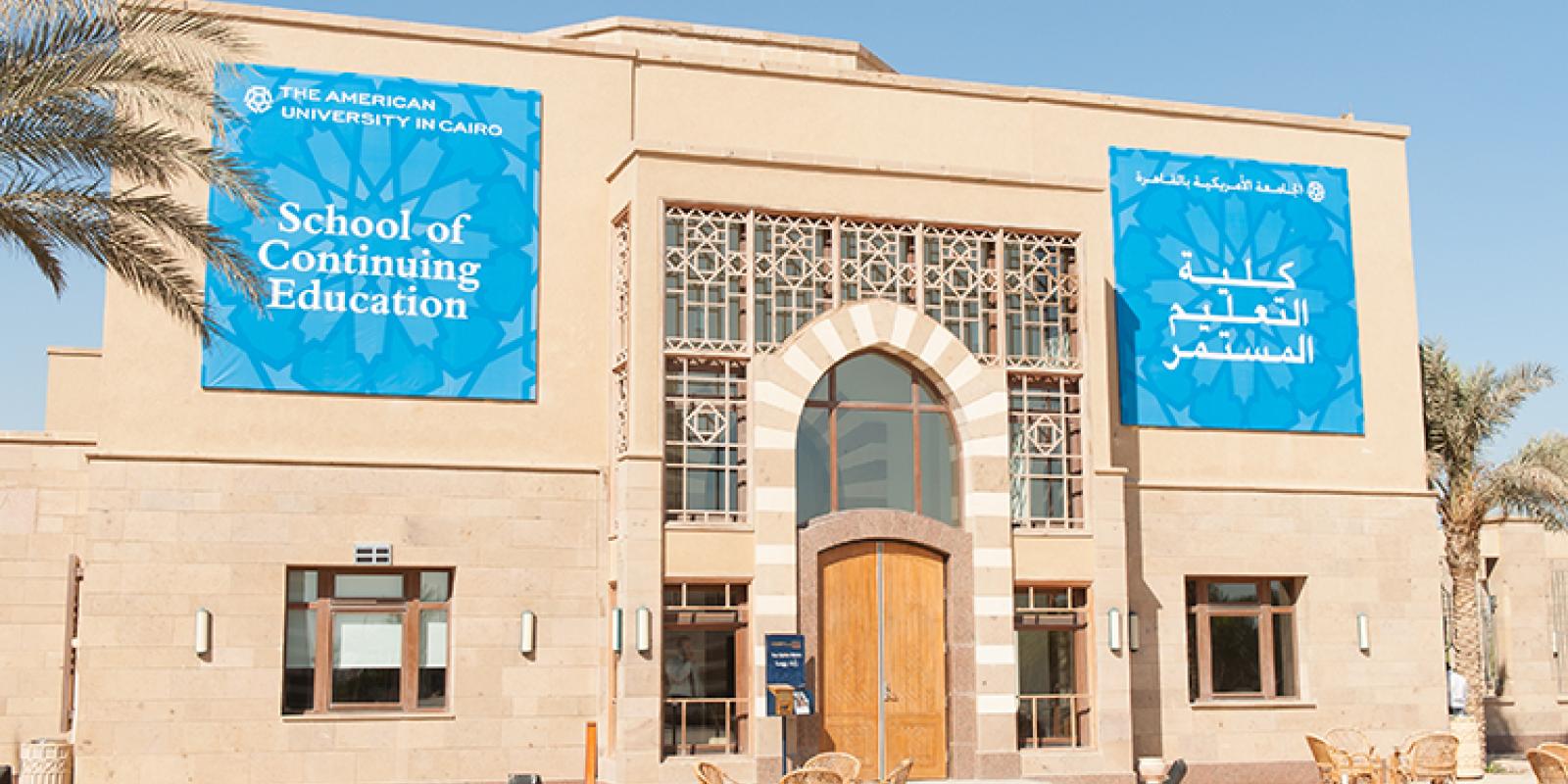
AUC Partnership Provides English Language Classes in Qena, Luxor
Expanding its outreach efforts outside of Cairo, AUC’s School of Continuing Education will offer English language classes in Qena and Luxor this fall, in partnership with Dandara Cultural Center (DCC).
Starting with 100 participants at each location, the program aims to increase access to the SCE’s English as a Second Language (ESL) classes beyond Cairo. Filling geographical and pedagogical gaps, the program rethinks traditional methods and introduces innovative ways to provide students and teachers with the tools they need for success in the classroom and in the workplace.
While the school’s ESL program is already well established in Cairo, Deena Boraie, dean of the School of Continuing Education, looks forward to expanding the program beyond the city limits. “Though we’re still in the early stages, this is a very exciting opportunity for AUC to contribute to ESL away from Cairo,” she said. With 40 new students already enrolled in the program, Boraie believes SCE’s partnership with the DCC will help raise awareness of the University’s activities in Qena and Luxor, attracting even more new students.
Hashem El Dandarawy, DCC chair and AUC alum, agreed, explaining that the center’s partnership with AUC is key to the program’s long-term success, “Upper Egyptian young people have been struggling to get good quality English language education, so many of them came to AUC in Cairo to learn English despite prohibitive cost,” he explained. “Now, the same courses are offered in Luxor and Qena at a reasonable cost, without the need to travel. It is almost a dream to them.”
By expanding the geographic scope of the SCE’s activities, the program will also introduce teachers and students to unconventional, yet effective new teaching methods, affirmed Boraie. “We are revolutionizing how we teach English and introducing new teaching methods; it is a delicate balance. This is an enormous change in how we teach English compared to public education,” she noted, adding that the program’s teachers are being trained through a series of SCE workshops.
Boraie, once an ESL instructor herself, described the program’s new approach to teaching, focusing on experiential learning and flipped classrooms. Tossing out textbooks in favor of real-world applications, these new methods give students the tools not only to learn English, but also to apply what they’ve learned in their daily lives, said Boraie.
Teachers, she explained, will focus on speaking and writing in the classroom and will use flipped learning by assigning students to read appropriate texts and listen to videos at home, then come to class prepared to practice the language. Teachers will use experiential learning by focusing on using English in the classroom to carry out real-life tasks such as writing a CV, preparing for an interview, completing applications and discussing problems they face on a daily basis such as transportation. “The idea is that learners will develop the language competencies needed to succeed in life and in the job market,” she said.
Stressing the importance of English language skills for professional development, El Dandarawy added, “English language proficiency is an important factor in today’s business world and a necessity to empower our people in Upper Egypt, [where] young men and women lack the skills needed to improve their chances of employment. But what they lack in skills, they make up in latent talent and determination.”
Together, AUC’s School of Continuing Education and Dandara Cultural Center look to encourage lifelong learning and increase employability by providing innovative and accessible English language classes. This new partnership offers the AUC community the opportunity to share its passion for learning with the rest of Egypt, as El Dandarawy noted. “The choice of AUC as a reputable education establishment to support our mission adds value,” he declared. “The history, the variety of offered courses and the level of instructors all affect the final product delivered to Upper Egypt. Being an AUC alum myself, I have firsthand experience in the quality of an AUC education and the school’s commitment to quality. Personally, I would like to give my people the same chance that I had even if it’s at the ESL course level.”
